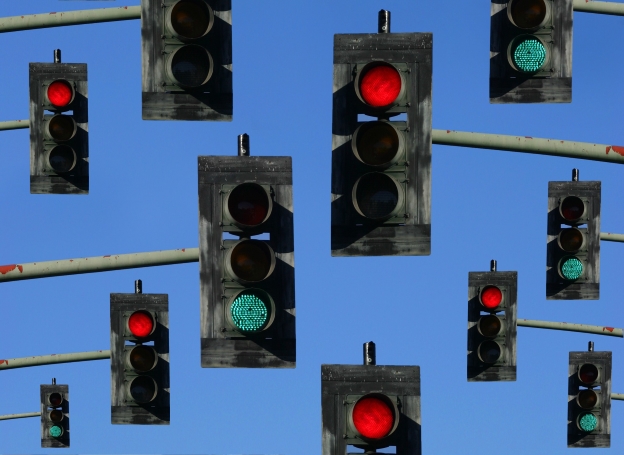
Recent IPOs of unicorns ended a nearly two-year drought, but CFOs and market participants don’t expect a flood—yet.
The September IPOs of Arm Holdings, Klaviyo and Instacart ended a long drought of debut stock offerings from so-called unicorns—privately held startup companies that have reached a valuation of $1 billion or more. NeuGroup for Growth Company CFOs brought together chief financial officers of other fast-growing firms, including some unicorns, to discuss whether the recent crop of IPOs means corporates that have been standing by for the last two years can start looking ahead.
- Nasdaq managing director Dan Angius, who presented at the late-September session, said the recent, modest wave of high-profile IPOs is encouraging, as is the strength of the US economy. But while the time may be right for corporates in some favored sectors or that have unique characteristics, don’t expect a tidal wave.
- “What does the recent IPO boom say about the market? It’s too early for this to be a fully formed reopening, and I’d set the expectation for 2023 not to see any radically higher volume of IPOs,” he said. But for reasons including that the Fed will likely pause interest rate hikes this fall and may pivot to rate cuts in the first half of next year, he said market conditions could change dramatically by mid-2024.
Notes of caution. A guest speaker from an equity advisory firm, who has over 30 years of experience in equity capital markets, sounded a similar note of caution. He said that corporates examining the recent batch of IPOs should not use them as tea leaves to gauge the health of the overall IPO market. “An IPO is not one-size-fits-all,” he said, underscoring the risks of broad conclusions.
- Nasdaq’s Mr. Angius concurs, noting that Instacart and Arm Holdings had unique motivations for going public that diminish the value of looking at their deals as a larger indicator of market receptiveness. He said Arm Holdings’ IPO was driven by the opinion of Softbank that Arm was ready to exist as a standalone company.
- In addition, a majority of the capital raised in Instacart’s IPO was reportedly used to pay off taxes related to employee equity compensation.
A narrow window. Following last month’s IPOs, one highly anticipated debut, VNG, delayed its launch until the first half of 2024. Birkenstock, another scheduled IPO that members in the session said they were going to keep an eye on, may have mistimed the market. “I think it’s going to be a really tough window this year,” the guest speaker said.
- He also cautioned that investors are growing more demanding. Recent IPO performances, which have often seen stocks hovering around their debut prices, could signal a challenging landscape.
- Traditionally, IPOs that do not price aggressively by pushing to the high end of their valuations secure a higher “pop” on their debut. These amounts can vary, but there is typically a higher spike for more conservative pricing. Recently, the guest speaker from the advisory firm said he’s observed investors seeking a higher pop, potentially doubling what was expected before the IPO drought.
- In addition, the recent IPOs “had a lower-than-average hit rate, seeing less pickup on net new investors, really relying on existing investors to buy in,” Mr. Angius said.
Hope for the spring. But Mr. Angius sees reason for optimism, referencing a Goldman Sachs note that the previous longest IPO drought lasted about 30 months. So if the current slump began in October 2021, the ETA for a proper reopening will fall around April 2024.
- He cited numerous companies confidentially starting the process of filing for IPOs aimed at the first half of 2024 “in a significant way,” which includes seeking out auditors, technical accountants and financial printers.
Politics and M&A: red herrings? Some members in the session expressed concern about political influences on IPO favorability, and whether the tone set by one party in power could mar investors’ confidence in the market. Mr. Angius referenced Nasdaq’s research showing that historical IPO trends haven’t been significantly affected by election cycles. However, he noted that government shutdowns could introduce uncertainty, as could political unrest—impacting some sectors more than others.
- One member, who said he “wears a very dark hat” on IPOs in the near-term, wondered if a perceived rise in M&A activity, particularly Cisco’s acquisition of AI firm Splunk, is having an impact on the IPO market as a competing option to raise capital.
- Mr. Angius responded that he thinks that was an idiosyncratic acquisition due to increased interest in AI, and “not endemic of a macro shift.” That said, M&A activity has been seen as a leading indicator for the IPO market.


